Associations
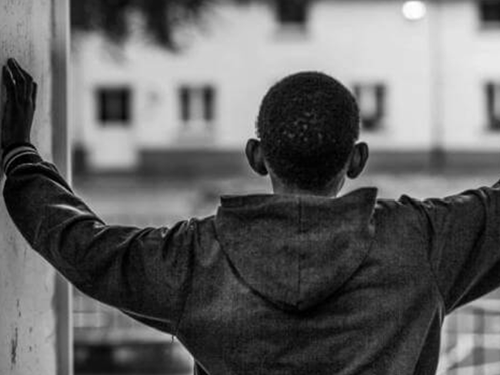
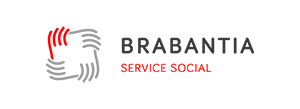 Far from their country of origin and without parents, young UFM (unaccompanied foreign minors) arrive alone in Belgium, after a long and difficult migratory journey. The team of mentors of CAP Brabantia – Antenne Caritas International, accompanies them in various aspects of their new life in Belgium: from schooling to social, administrative, legal and medical assistance.
Far from their country of origin and without parents, young UFM (unaccompanied foreign minors) arrive alone in Belgium, after a long and difficult migratory journey. The team of mentors of CAP Brabantia – Antenne Caritas International, accompanies them in various aspects of their new life in Belgium: from schooling to social, administrative, legal and medical assistance.
Many young people unfortunately have no means of communication with their families back home. Thanks to the telephone donation from the Foundation for Digital Inclusion, they can reconnect with their relatives.
It also makes it much easier for them to integrate into their new life in Belgium.
Located in Brussels & Wallonia
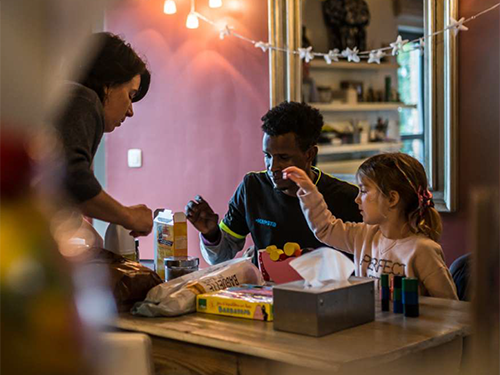
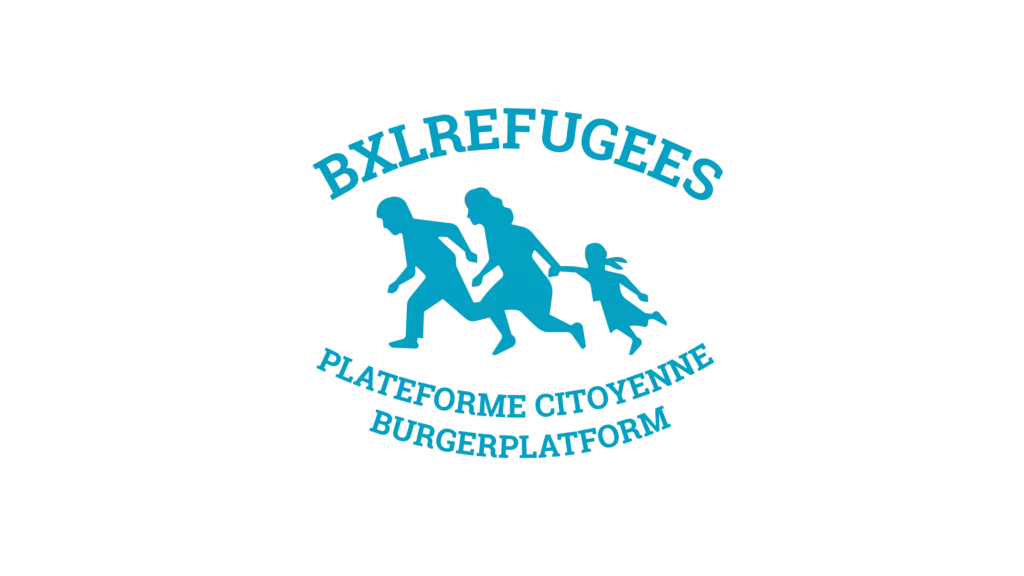 The “Plateforme Citoyenne de Soutien aux Réfugiés” is an association that has been helping people in a migration situation since 2015. Thanks to the help of hundreds of volunteers across Belgium, the Citizen Platform offers accommodation, material aid, socio-legal support and language courses.
The “Plateforme Citoyenne de Soutien aux Réfugiés” is an association that has been helping people in a migration situation since 2015. Thanks to the help of hundreds of volunteers across Belgium, the Citizen Platform offers accommodation, material aid, socio-legal support and language courses.
The phones we receive and distribute free of charge are used by people to contact their relatives back home, to contact different organisations, associations and institutions, to find their way around the city or to translate documents. The telephone is an indispensable tool in today’s world.
Located in Brussels
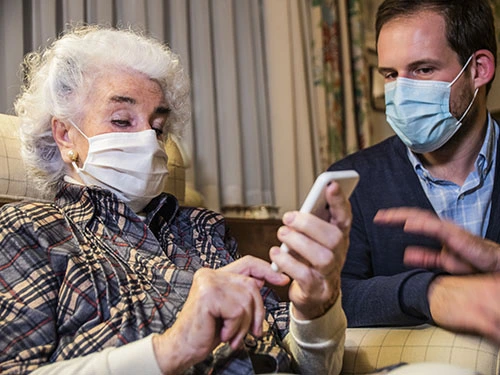
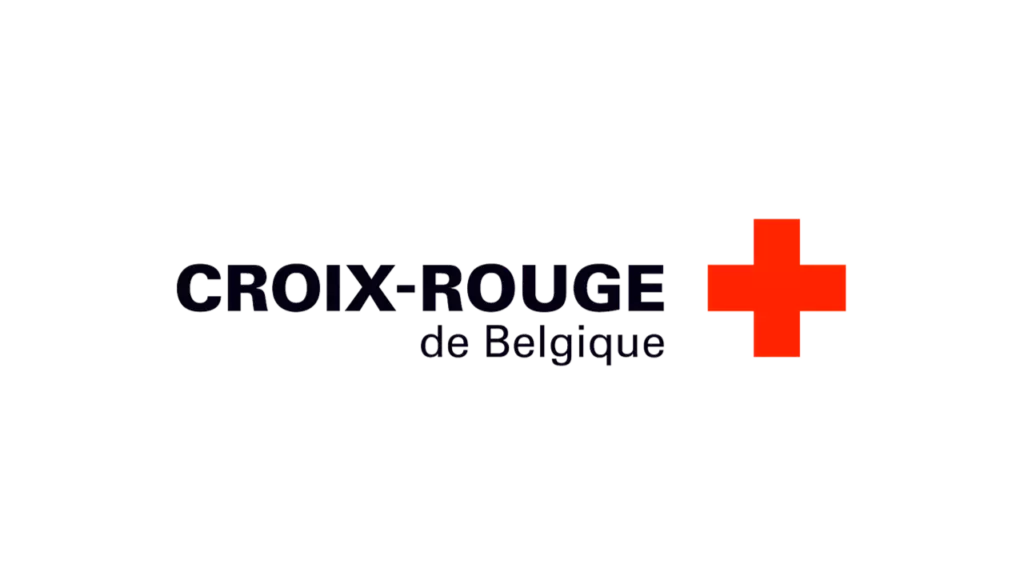 Throughout Belgium, the Croix-Rouge is working to improve the living conditions of vulnerable people.
Throughout Belgium, the Croix-Rouge is working to improve the living conditions of vulnerable people.
Because being isolated is not only lacking company, but also lack of support. We beleive that the digital tool is the lever for inclusion.
The Croix-Rouge is therefore committed to working with the most vulnerable people in the handling of digital tools to :
● (re)connect to the evolution of the digitization of services (online payments, administrative forms, etc.)
● stay in touch and communicate with their relatives.
Located in Brussels
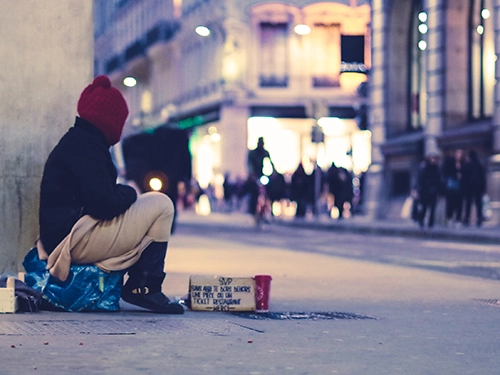
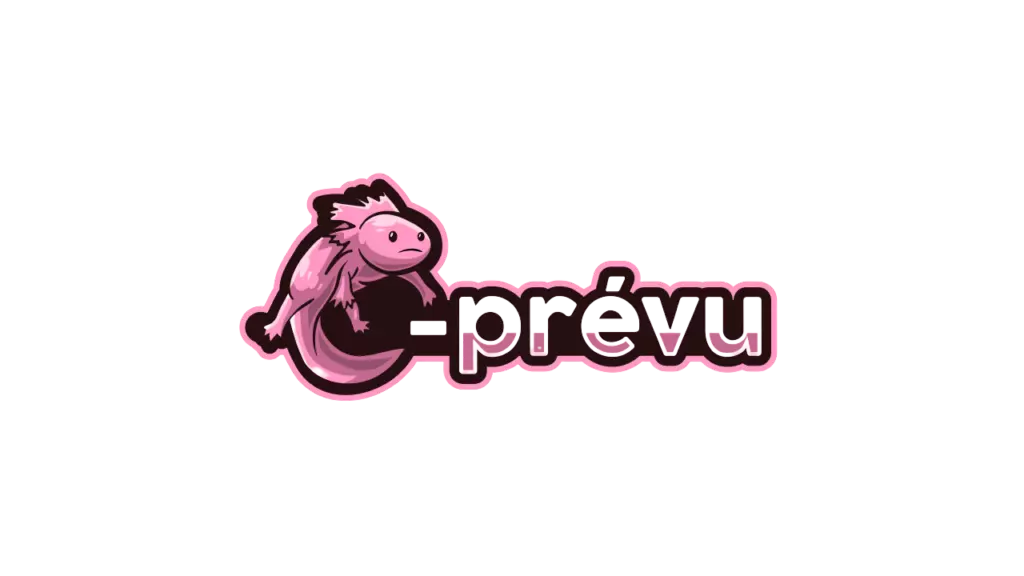 The non-profit organization C-prévu aims to break the digital divide among people in precarious situations.
The non-profit organization C-prévu aims to break the digital divide among people in precarious situations.
At a time when the majority of procedures are done online, many people do not have the means to buy equipment, such as a smartphone, to enable them to do simple procedures.
Checking job offers, being able to apply for them, knowing how to contact emergency services in case of need, being able to keep in touch with great-grandchildren, are some examples of concrete cases that the equipment offered by the Fondation pour l’inclusion digitale has already helped to solve.
What you no longer use can change the life of another person.
Located in Charleroi
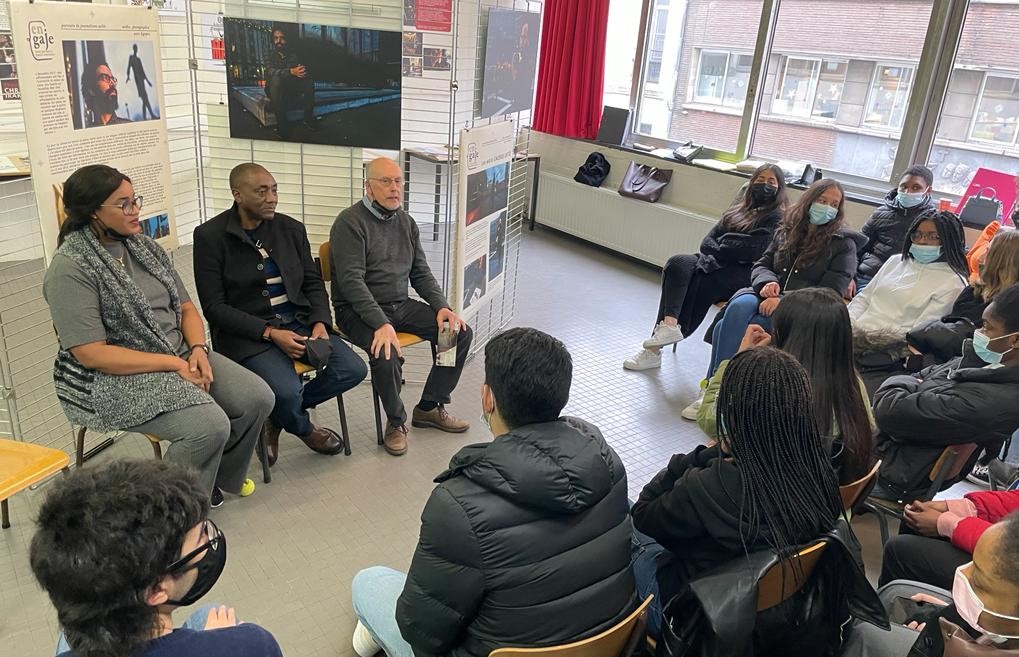
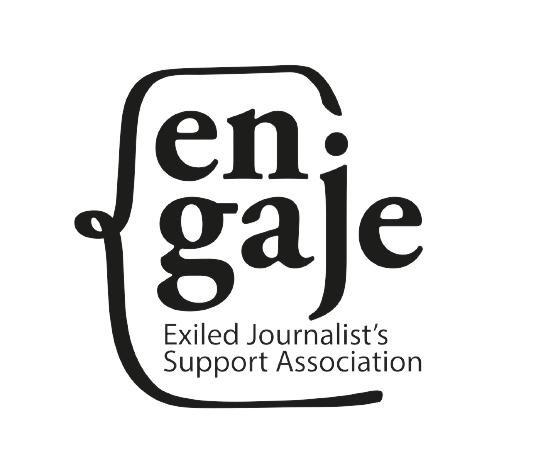 The association En-GAJE (Ensemble – Groupe d’Aide aux Journalistes Exilés) is a reception and support structure for media workers who had to flee their country because their profession was no longer safe there.
The association En-GAJE (Ensemble – Groupe d’Aide aux Journalistes Exilés) is a reception and support structure for media workers who had to flee their country because their profession was no longer safe there.
In addition to free individual assistance (French courses, professional training, meetings with Belgian media, etc.), En-GAJE wants to enable exiled journalists to continue to practice their profession, even occasionally. They do this mainly by collaborating with Latitudes, a web magazine launched in partnership with the ULB and the VUB. The smartphones and tablets at their disposal are indispensable tools for their articles, podcasts or videos.
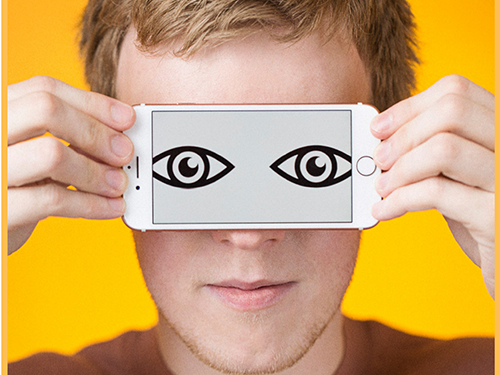
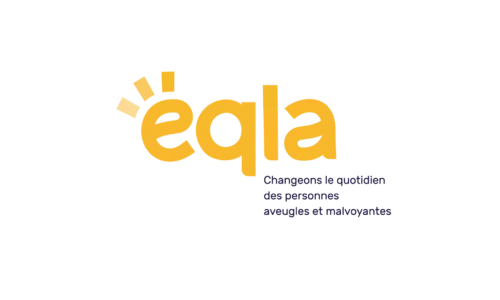 Eqla is a Belgian association which acts on a daily basis with and for blind and visually impaired people. In an all-digital and connected era, the use of new technologies is a great means of autonomy for visually impaired people.
Eqla is a Belgian association which acts on a daily basis with and for blind and visually impaired people. In an all-digital and connected era, the use of new technologies is a great means of autonomy for visually impaired people.
Mobile telephony, internet, bank management, GPS, social networks, home automation… are accessible to all with a few adaptations and specific tools. But the use of these tools is not necessarily self-evident. You must first learn, test and select what best suits your needs and then learn how to use it.
It is during these trainings that the material offered by the Foundation for Digital Inclusion is used.
Located in Brussels & Wallonia
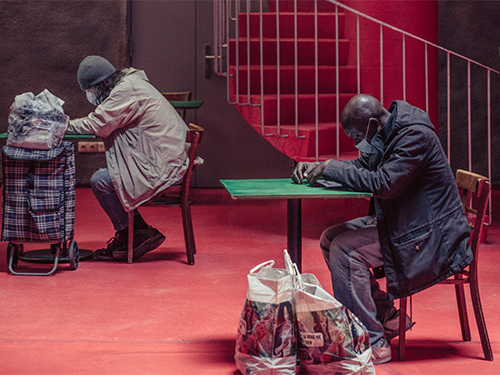
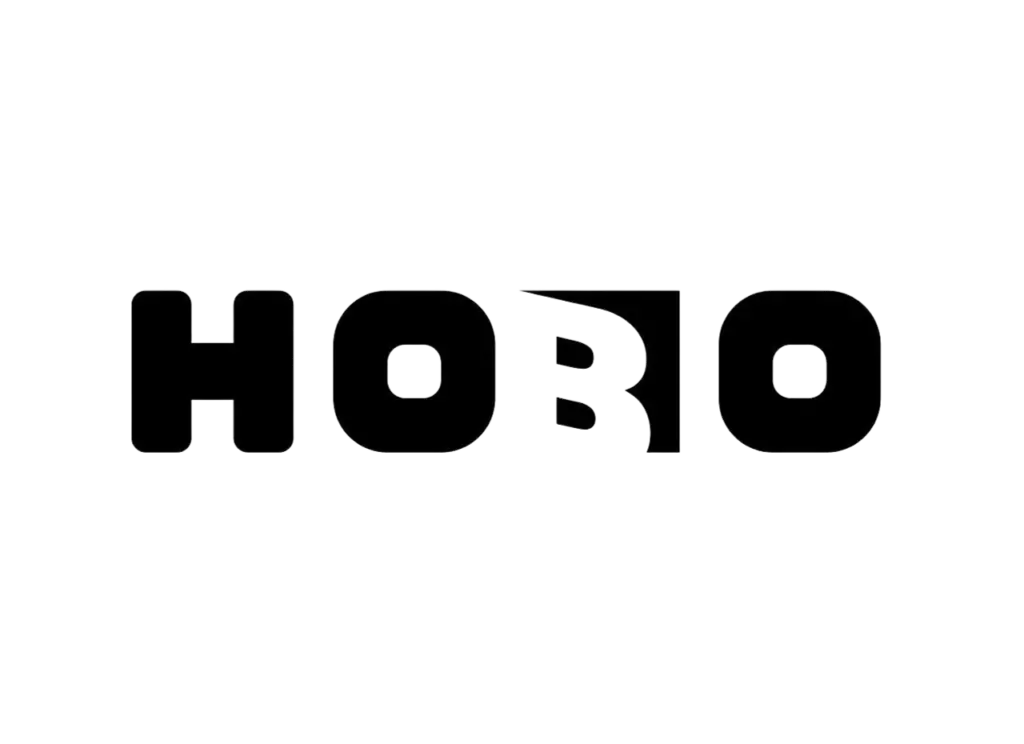 Hobo is a day centre for homeless people in Brussels.
Hobo is a day centre for homeless people in Brussels.
People who live on the streets, in shelters or people who have found a shelter are all welcome at Hobo during this difficult period of their lives and for the following ones.
The tablets donated by the Foundation for Digital Inclusion are currently being used in a digital resting place, where homeless people have the opportunity to sit down every weekday afternoon and use a tablet to contact their loved ones or relax by listening to music, for example.
Because homelessness is more than a lack of housing.
Located in Brussels
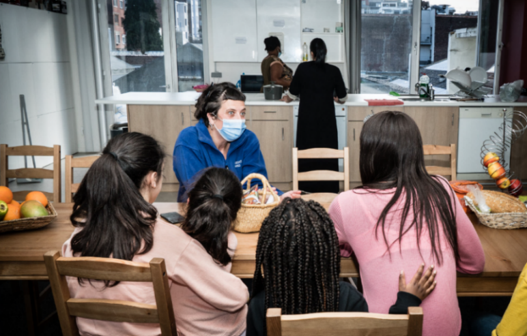
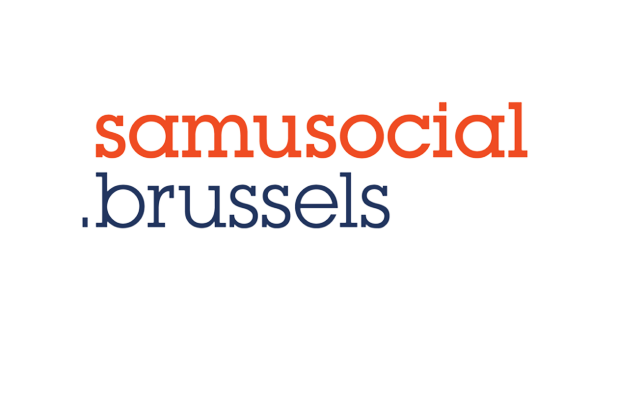 The FID’s donations will make a real difference to the homeless women at Samusocial. Thanks to the smartphones and tablets, they will be able to participate in digital workshops. These workshops explain how to create an e-mail address, make an online appointment with the local council or search for accommodation.
The FID’s donations will make a real difference to the homeless women at Samusocial. Thanks to the smartphones and tablets, they will be able to participate in digital workshops. These workshops explain how to create an e-mail address, make an online appointment with the local council or search for accommodation.
All this is done to reduce the digital divide for these women who are already in great difficulty.
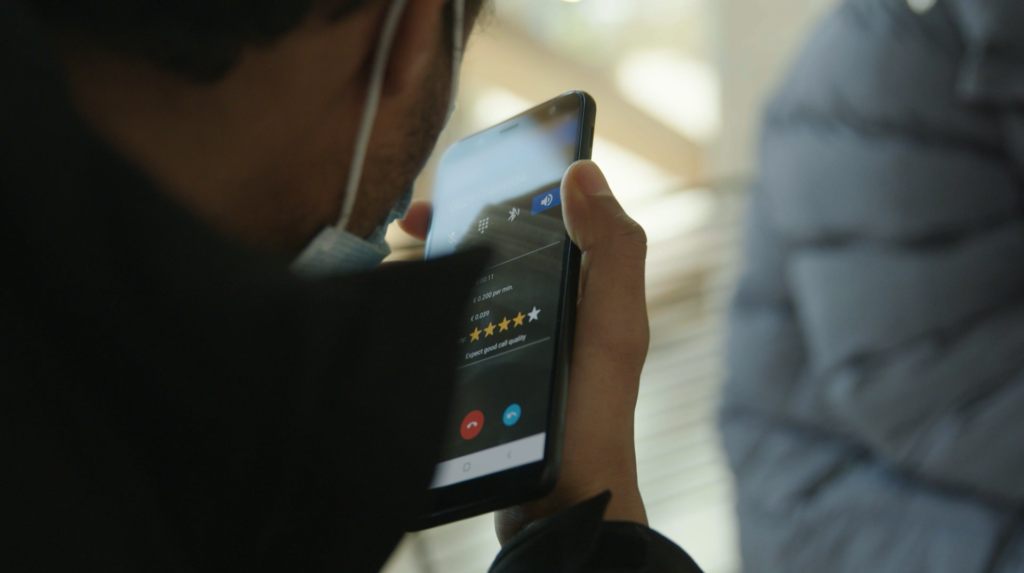
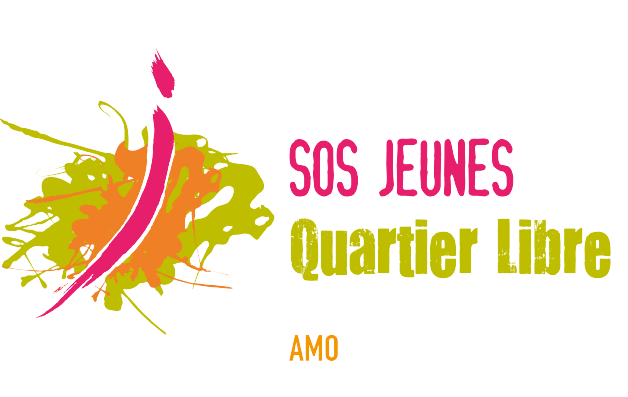 Since its creation, SOS Jeunes-Quartier Libre has welcomed all young people in difficulty. This help can take various forms: listening, information, social support, short-term accommodation. The aim is to help defuse a complex situation.
Since its creation, SOS Jeunes-Quartier Libre has welcomed all young people in difficulty. This help can take various forms: listening, information, social support, short-term accommodation. The aim is to help defuse a complex situation.
With the FID, SOS Jeunes can give a telephone to a young person in difficulty who is far from his friends and family, sometimes to give him a bit of hope, but above all to give him a real boost in his life.
Companies


